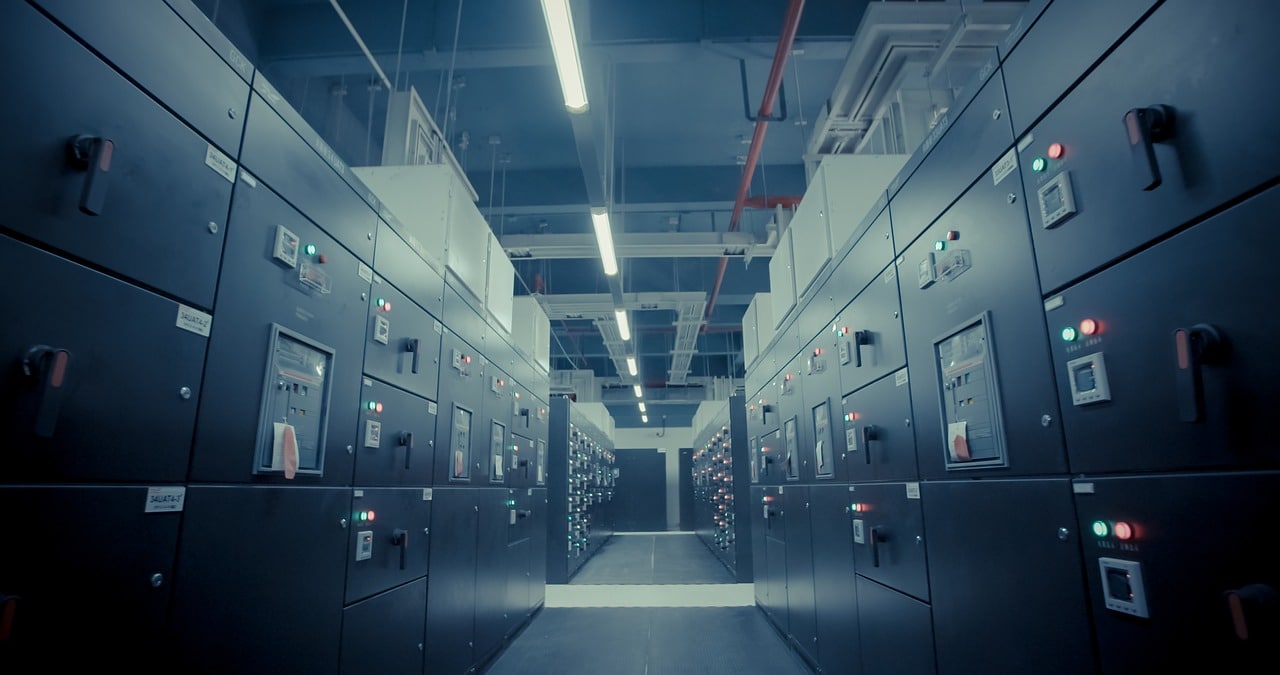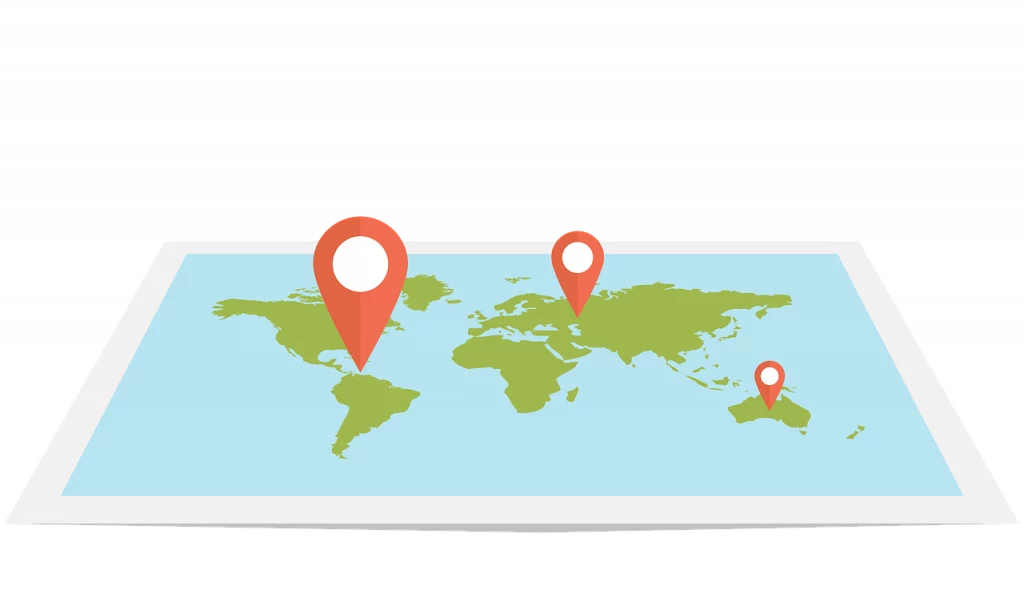Without data, your business wouldn’t be able to operate as well as it does. Modern companies rely on data for their decision-making, marketing, customer satisfaction, and much more. So it’s very important that you have a good data center in which you will store all of this valuable data.
When trying to decide between multiple data center services for your business, you should choose carefully. There are a lot of important factors you need to consider and if you ignore them, you will end up with a bad center.
Here is what you need to pay attention to.
Security
Data is the most valuable thing your business has, and if your data center isn’t as secure as possible, it will cause a lot of problems. Every minute, $2.9 million is lost to cybercrime and if a data breach occurs, not only will you lose a lot of money, but all of your customers as well and probably your business.
It’s important you follow your own data safety tips but also find a provider who thinks about the following:
- Network security. Make sure the data center you choose has security standards that are backed up by qualified third-party auditors. And always ask if they have PCI DSS compliance as well as SSAE 16 and SOC certification.
- On-site security. Physical security is also very important and the service provider you chose needs to have features such as on-site patrols, electronic identity verification, and CCTV surveillance on their premises. Otherwise, things such as hardware theft and data loss might happen.
You also need to check if your provider only allows access to qualified personnel. When you know there are qualified experts on the premises, you can rest assured that if a problem occurs, they will be there to fix it as quickly as possible.
AWS cloud security is a good choice for those who want to ensure data safety. The infrastructure is great, and there are numerous AWS cloud security experts who are trained to help with all sorts of technical issues.
Geographical location
Geographical location matters more than you probably realize, and an ideal location would be in near proximity to your business. There are multiple reasons why the data center you choose needs to be in the right location:
- Speed. If you provide content of software solutions to clients, speed is of great importance. If you transmit data over long distances, it can create a lag. Edge computing architectures shouldn’t rely on data centers that are too far away as some devices require a lot of power for data reporting and analysis.
- Upgrades and replacements. Equipment doesn’t last forever and sometimes you’re going to have to replace it, upgrade it, or send it for servicing. If the location is close to you, one of your employees can get to the provider and take care of all equipment needs.
- Natural disasters. Many areas are prone to natural disasters such as floods, tornadoes, hurricanes, and earthquakes. If you choose a data center that’s in one of these areas, your critical infrastructure could have some serious issues.
Of course, the number of data centers in different countries varies so you might have a limited choice based on where you operate.
Scalability
It’s every business owner’s goal to grow their company, and as your business grows, your data center should be able to grow with you over the years to come.
You can expect different levels of flexibility from different data center providers. Some will only offer an out-of-the-box solution while others will be able to provide custom solutions with scalability. If you choose a provider that can’t scale with you, you will hinder your business in the long run.
If you don’t have any plans to scale your business or don’t have too many demands, you can choose an out-of-box solution as it will be cheaper, but it’s not a smart business decision.
Power supply
Power grids can easily go through blackouts or brownouts, which significantly affects the server’s reliability and uptime. If the data center you choose only uses one power supply, you won’t be able to guarantee your site will be available at all times.
Good data centers try to ensure that issues like this don’t happen and always have power so their uptime isn’t disturbed. That is why they never have only one power supply, but instead have power redundancies in place.
This includes:
- Uninterruptible power supplies (UPS) that are able to keep servers up in case of an outage
- Backup generators that can last for multiple days or even hours
- Redundant power supplies that are connected to more than one supplier
Reliability
When you’re choosing a data center, you need to know they’re as reliable as can be. There is a way you can measure reliability, and that is by measuring the data center’s overall uptime. A good and reliable provider will have an uptime of five 9s, which means they’re reliable 99.999% of the time.
Final thoughts
As a business owner, it’s your responsibility to keep your data safe in a location you know you can trust. If you pick just any data center without giving it much thought, you’ll probably end up in trouble, and that is why you need to remember everything you read in this article.



